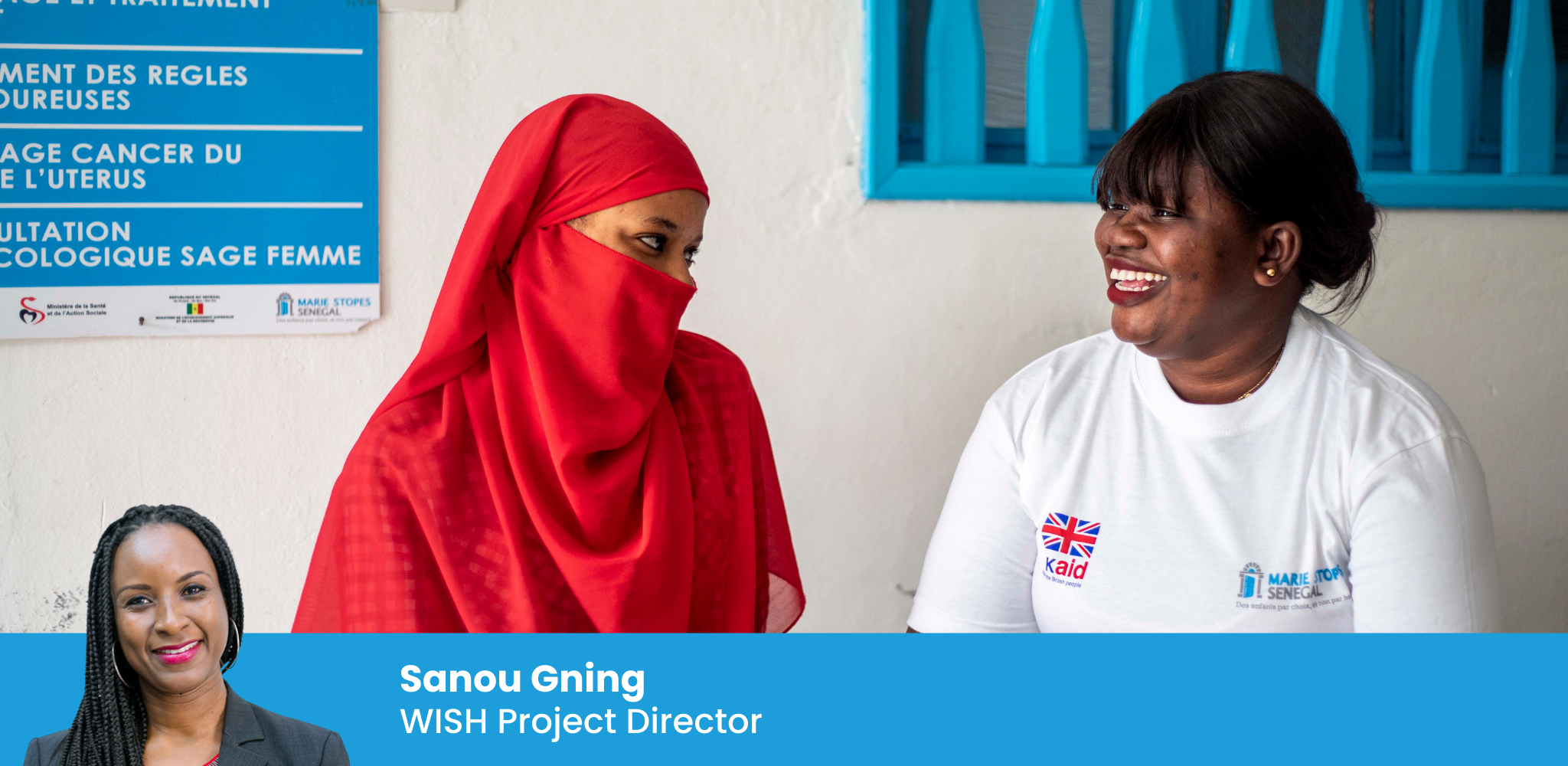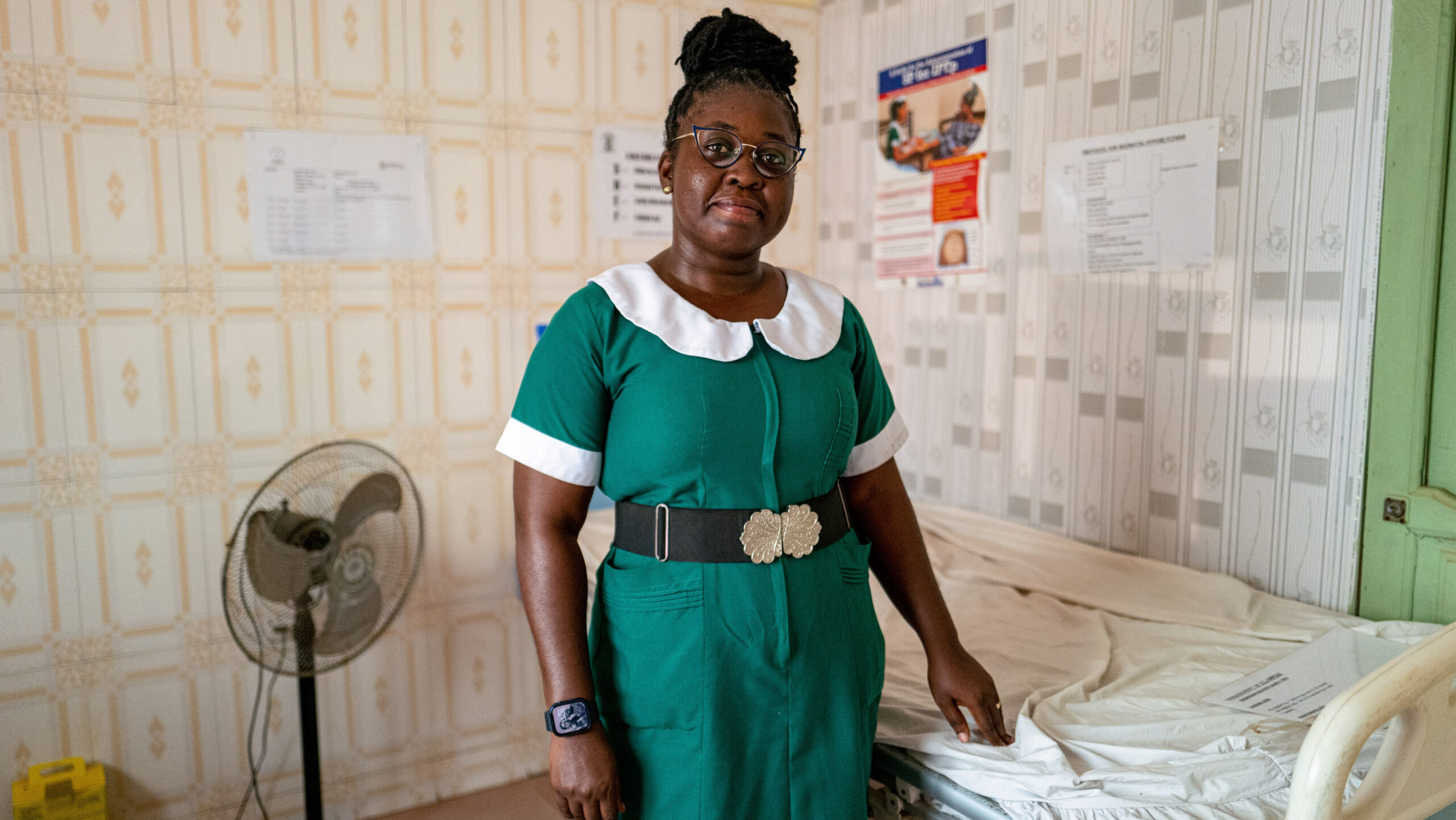“I am not only a nurse to them; I am a confidante. If I were not able to reach them, I would feel like I abandoned and betrayed them.”
When President Trump re-enacted the Global Gag Rule in January 2017, the intention was to cut off pro-choice organisations like MSI Reproductive Choices at the knees.
One of Trump’s first acts in office, the policy prohibited any international family planning organisation that supports safe abortion from receiving US Government funding – ignoring the fact that US money has never been spent on abortion services overseas.
Yet despite the devastating threat this posed to the world’s most vulnerable women and girls, the Global Gag Rule inspired a generation of people working in family planning to stand stronger than ever for those who depend on them.
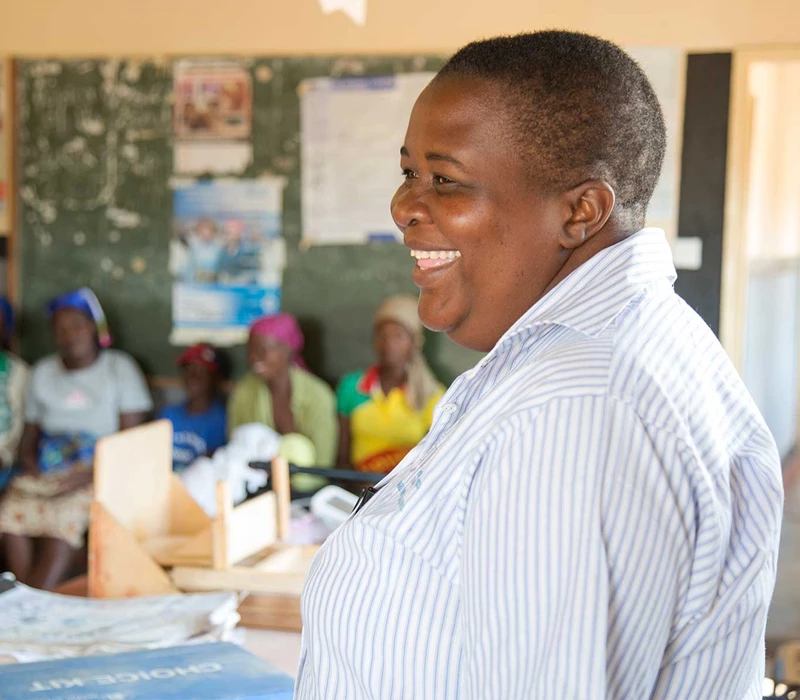
Zimbabwe
In Zimbabwe, nurse Esther Chidumo worked as part of a three-person outreach team that travelled all over the country when the Gag Rule came into force, providing free contraceptive services and advice to around 50 women and girls per day. For women in remote villages, the outreach service was and is a lifeline.
“Most [of the women we see] are taking contraception due to the economic hardships. Many of our clients have no money. In the towns, long-term methods are expensive, so when we provide the services for free in rural areas, they are very happy.”
The loss of US Government funding had a direct impact in Zimbabwe, where outreach teams like Esther’s for a time had to halve the number of sites they visit from 1,200 to 600. In Esther’s eyes, further cuts would have been disastrous.
“[Further cuts] means poverty will continue to increase because these women that we serve don’t have money to get these services and they don’t have the money to travel. For long-acting methods, they would have to go to the district hospitals, which is a very long journey for them and they don’t have the fares for the bus. So if these services are going to be withdrawn, it means these women will suffer.”
Madagascar
On the island nation of Madagascar, where the average income is less than $500 per year, MSI Reproductive Choices’ nurse Annie Ramasy was also grappling with the impact of the policy. A voucher programme that delivered sexual and reproductive healthcare to thousands of women was forced to close, while 20 outreach teams like Annie’s also shut down, leaving the future uncertain for many who rely on the programme for family planning.
“When I heard that [the US Government] had withdrawn their funding, I asked my clients how they would feel if we couldn’t come anymore. One of them screamed: De ahoana amin’izany? (So what now?).”
In Madagascar, a country where many women struggle to access any method of contraception, the arrival of Annie’s team in remote villages is often women’s only chance to prevent unwanted pregnancies and manage the size of their families. Working under the threat of closure only made her more committed to ensuring women get the services they want and need.
“I am not only a nurse to them; I am a confidante. If I were not able to reach them, I would feel like I abandoned and betrayed them.
“Contraception does not only prevent pregnancies; it gives you the time to define what you want to do with your life. In a country like Madagascar, having a large family when you cannot afford it prevents thousands of people from having the chance to get a better life. If you cannot move your family forward, how can you move your country forward?”
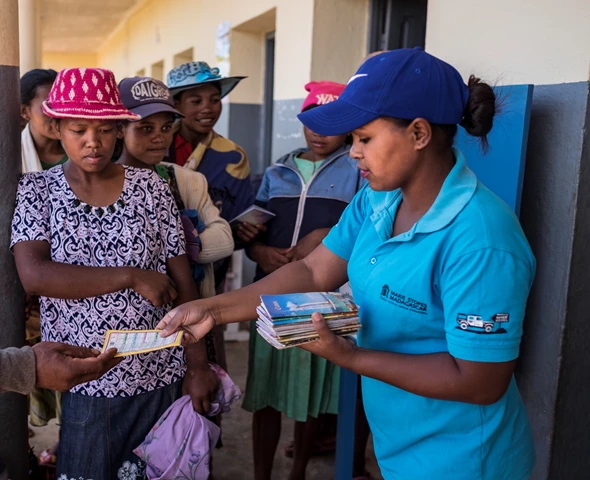
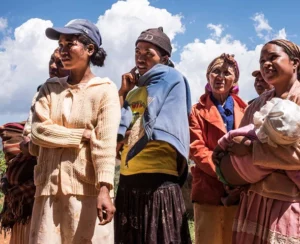
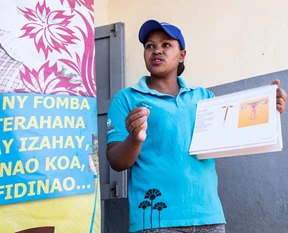
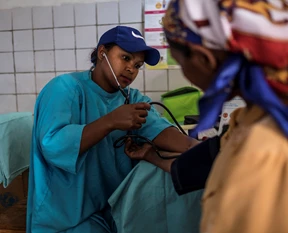
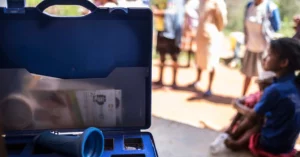
The dawn of a new era
Now, Trump has left the White House and President Biden and his administration quickly made the first step of rolling back the devastating effects on reproductive rights and access by rescinding the Global Gag Rule. But there’s still a mountain to climb.
For many of our programmes, the Global Gag Rule, led to service closures, a recorded rise in unintended pregnancies and unsafe abortions and a broader chilling effect, impacting partnerships and advocacy for women’s healthcare. And we still face a significant funding gap in its wake.
It won’t be easy to repair the damage of the Global Gag Rule, but every bit helps, and your support would go a long way. You can donate here to support our providers and their work to make choice a reality for everyone.







